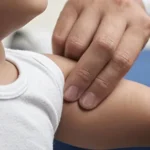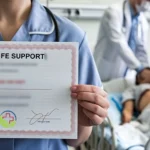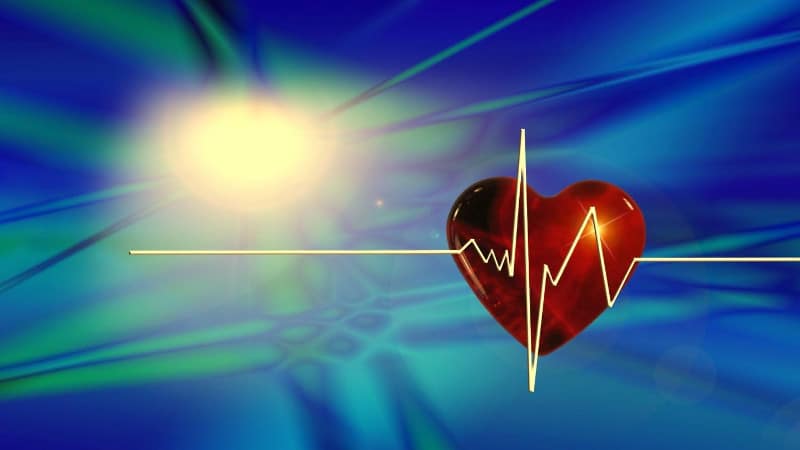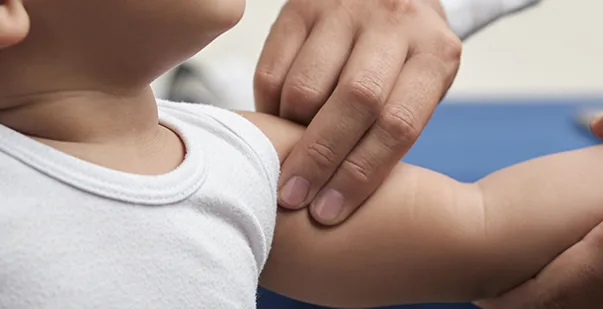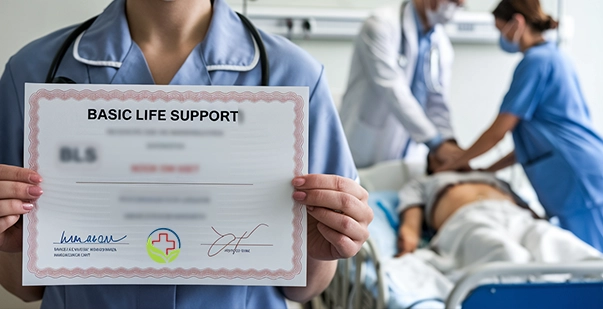If you watch a lot of TV shows or movies that are set in hospitals and medical facilities, you would often come across scenes where medical professionals with AED certifications shout, “Charging, five hundred, clear!”
You will notice them holding equipment that looks like two flat irons. They put it on the victim’s chest. This is called a defibrillator. It is vital equipment to help the victim survive life-threatening situations, especially during a cardiac arrest.
What is Cardiac Arrest?
When a person goes into cardiac arrest, their heart experiences some sort of a limbo termed as fibrillation. When the heart stops to function and pump blood to your other body parts, the brain will start to have a low oxygen supply. If not attended immediately, you could die in as short as five minutes.
This is why anyone who is undergoing a cardiac arrest should be provided medical treatment as soon as possible. When someone experiences a cardiac arrest in an unexpected place where there is no medical facility nearby, CPR could serve as a temporary solution to maintain the oxygen flow to the blood while the heart is still not functioning well. But, to address the issue of heart functionality, it would take a defibrillation process that involves electric shocks to restart the heart.
The Definition of Defibrillators
Defibrillation is easy to understand. It is the process of stopping the fibrillation process that happens during a cardiac arrest. To do that, a defibrillator is needed. It is an equipment that makes use of electrical voltage that could be between 200 to 1,000 volts. The electric current coming from the defibrillator will be passed along to the heart so it is shocked and triggered to work again in a normal way.
You might already recognize a defibrillator as you would have seen them on TV or in movies. It is a machine that houses electric supplies with two electrodes termed as paddles. These paddles are firmly and securely pressed to the victim’s chest. What you may not know is that the position of the paddles on the chest is crucial.
It is important for the current to be very near the heart so it can function normally again. Put one paddle on the upper right side of the chest and the other to the lower left side of the chest.
The Effectiveness of Defibrillators
Today, you would most probably notice that defibrillators are present in most public places. They have become as common as fire extinguishers. Back then, they were only available in hospitals and medical facilities. But, through the years, experts and professionals have found out that there is a need for defibrillators to be easily accessible.
This way immediate defibrillation can be provided by those with AED certifications when someone experiences cardiac arrest. Moreover, the defibrillators that are found in common places today come with simple instructions. So even if someone is not that trained to provide first aid, they can use the defibrillators by following the instructions.

